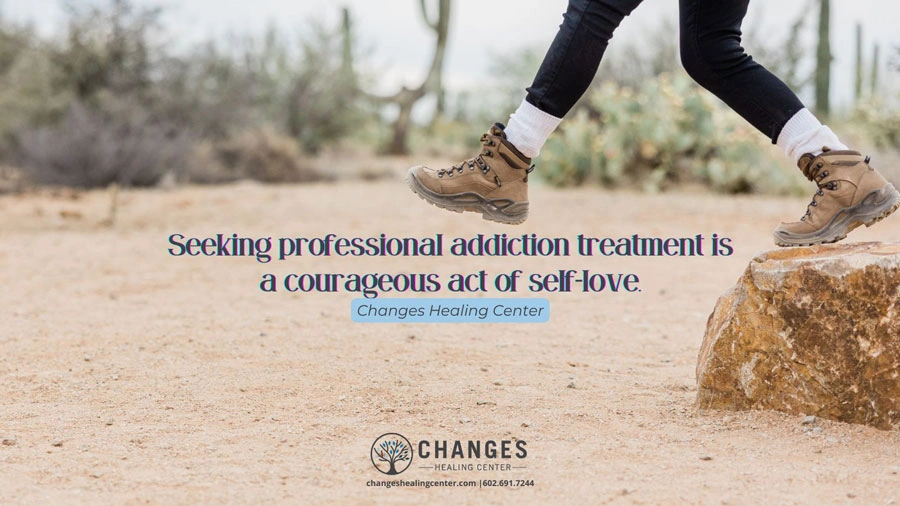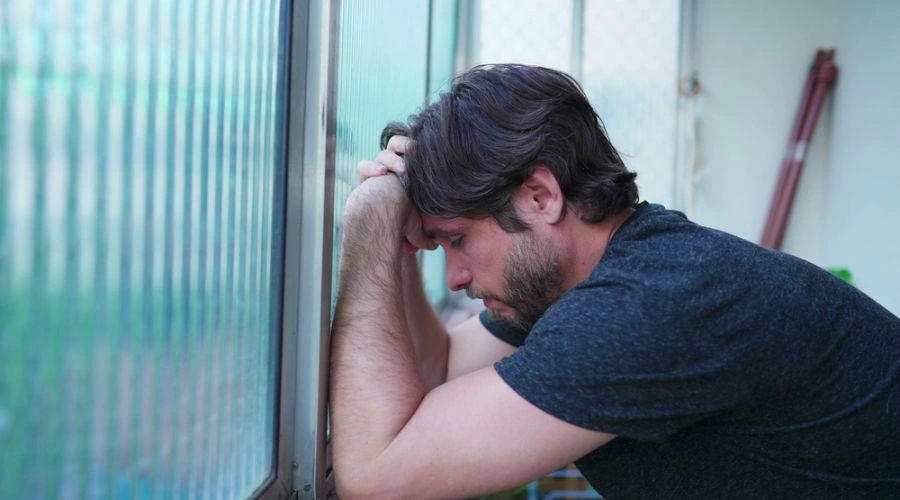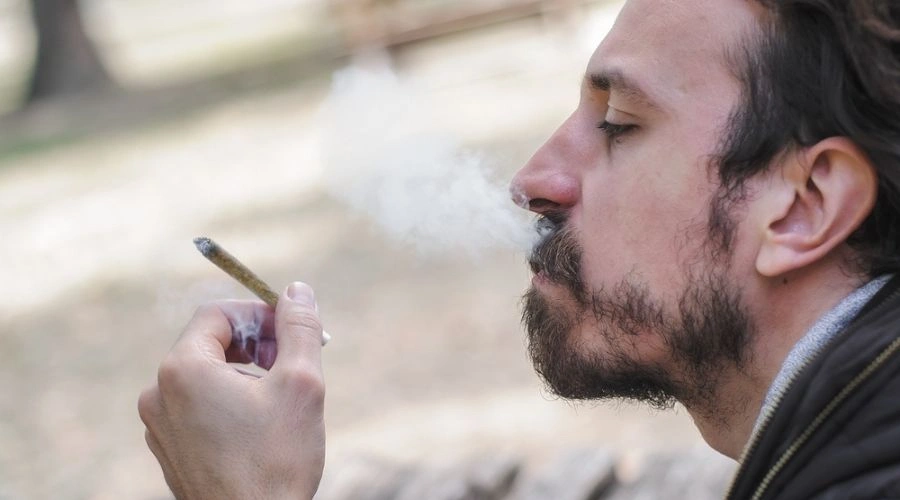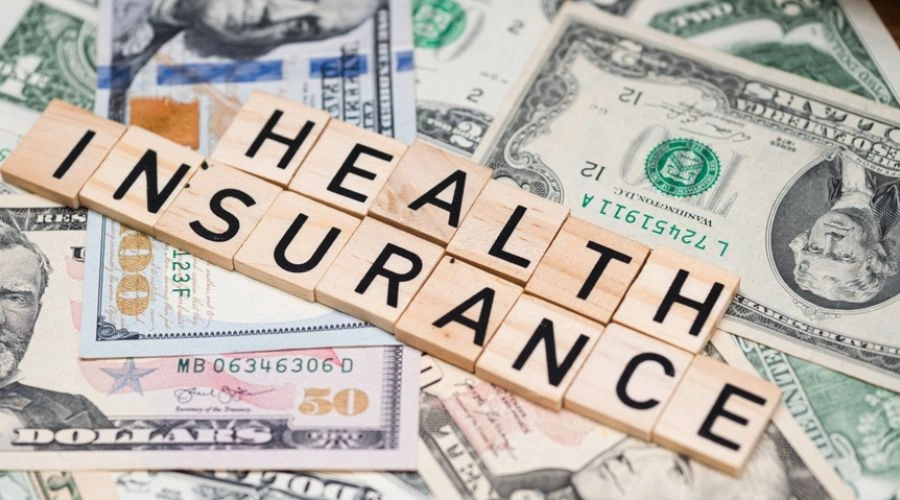Guidance on the 12 Step Programs and Using Weed in AA
Table of Contents
Alcoholics Anonymous (or Narcotics Anonymous) is an abstinence-based program, with most members believing that sobriety means quitting the use of all mind-altering substances. If you attend meetings, you might wonder: What does AA think about being sober but using marijuana?
While AA’s Central Office has not issued an official position on marijuana use, many members consider smoking cannabis or using other substances while working the Twelve Steps a no-go.
In fact, cannabis use while claiming total abstinence from drug or alcohol abuse has a pop culture name: California sober. The term refers to the choice not to use alcohol or other drugs but to continue smoking marijuana moderately. Those who choose to become California sober consider it on par with other harm-reduction strategies.
People start smoking weed for many reasons, from coping with a painful condition to fitting in socially without using harder drugs. Changes Healing Center‘s judgment-free professionals understand that using one substance, legalized or not, comes with its own set of challenges. Using marijuana – like smoking cigarettes – can trigger other substance use and mental health issues.
If you or a loved one struggles with cannabis use or other addictions, keep reading. You’ll discover how our recovery center can connect your loved one to counseling and support to stop alcohol/drug abuse.
Why Some Choose Medical and Recreational Use of Marijuana

Some family and friends of those in recovery might not understand why someone chooses smoking or drinking, knowing that these present a chance of addiction. They argue that marijuana is legal, but it’s still an addictive substance.
Family members may feel frustrated that the state of Arizona has legalized marijuana, placing it on par with other legal drugs, nicotine, and alcohol. The legal status makes it easier to find cannabis right at a local retail shop. These sections can help loved ones understand why some use cannabis or other drugs, sometimes leading to addiction.
Treatment of Chronic Pain
The Cleveland Clinic’s definition of “chronic pain” is an ongoing discomfort that lasts for over 3 months. Cannabis has some pain relief properties that can help take the edge off and make the pain tolerable. Many pain patients use it to treat their arthritis, fibromyalgia, or multiple sclerosis.
Many who opt for weed as medicine see it as less harmful than opioids, commonly prescribed for pain.
Coping with Mental Illness

Managing mental health disorders requires a range of tools: professional therapy, meditation, getting enough sleep, and taking doctor-prescribed medications. However, some choose cannabis as a form of self-medication to get temporary relief, especially from anxiety symptoms.
However, it’s important to note that self-medication using weed without professional counseling worsens some conditions or developing substance use disorders.
Avoiding Cravings or Relapse of Other Drugs
Some try to address substance abuse or addiction issues by white-knuckling – sudden total abstinence of their drug of choice. The one exception – is marijuana, which they mistakenly believe can manage their withdrawal symptoms and cravings for more dangerous substance abuse.
While trying to get sober is an admirable choice, this approach doesn’t usually help avoid a relapse. Indeed, it’s extremely dangerous and can endanger health. It’s just not an effective treatment to support sobriety.
Enjoying the Weed Culture
More people who use recreational weed than not say they enjoy the social nature of the weed culture. They attend cannabis-themed events to try different types of weed. They may also make new friends who share their interest in marijuana culture and form cannabis communities.
Similar to alcohol use disorder, the most significant risk of marijuana is developing an addiction as they build tolerance to legal cannabis.
Risk Factors for Developing Weed Addiction

Cannabis might be legal in Arizona and several other states, but it is still an addictive substance and can affect people negatively. The most obvious concern of medical or recreational marijuana is developing an addiction.
Let’s answer the question of why some people manage recreational marijuana while others find themselves in a life of addiction after starting use.
Personal or Family History of Other Substances
Those with a history of using other drugs, including alcohol or opioids. Their brains may already be conditioned to substance use and are seeking similar effects. One NIH study found “moderate evidence of a statistical association between cannabis use and the development of substance dependence and/or a substance abuse disorder for substances, including alcohol, tobacco, and other illicit drugs.”
Addiction within the family, especially during early childhood, may also cause a person to develop an addiction. That happens because they come from a home where drug addiction is considered typical; they don’t see the harm in it. It can also happen because of specific genetic factors that make the person’s brain more apt to addiction.
Age of First Marijuana Use
Starting to use any drugs during the formative teen years increases addiction risk, as the developing brain is more susceptible to THC. Brains are not fully developed until the mid-twenties, and THC can derail the brain’s reward system at a critical stage.
The Centers for Disease Control and Prevention (CDC) warns that adolescents who smoke weed are also at greater odds of dropping out of school compared to their sober peers – a choice that can interfere with their life quality for decades.
Mental Health Conditions
Those with mental illnesses, including anxiety, depression, or trauma, may turn to cannabis as a coping tool. However, they risk their sobriety as their tolerance to marijuana increases. They will quickly find that they need larger quantities of weed – and at always-increasing frequencies – to get the same relief for the mental pain.
A clinical practice offers full support for mental health concerns. Treatment includes many sobriety-supportive strategies to help each person recover from the underlying condition. A dual-diagnosis approach to treatment will address both the mental/emotional health challenges and the marijuana addiction they may have developed.
Higher THC Content in Legally Approved Retail Marijuana
The cannabis you find in the retail shop probably has more cannabis than you’d find in the natural world. Today’s THC products have been modified to contain more THC, the active compound that gives a person that “mellow” after using it.
This increase in THC has helped incite booming retail sales. However, it has also led to more addiction.
Applying Medical Insurance to Addiction Treatment

Did you know that most insurance providers cover addiction recovery treatment? Changes Healing Center accepts the most popular insurance options, including Arizona Medicaid (AHCCCS). Your insurance covers some sobriety and recovery services, including inpatient and outpatient treatment, counseling services, relapse prevention planning, and other medically necessary treatments.
If you are unclear about what recovery strategies they will cover, we can help – our experience counts! Our insurance coordinator will call your insurer to get the answers you need and call or message you back to help you start your recovery program with the assurance that you will have minimal out-of-pocket costs.
Ready for Total Recovery? Call Changes Today
Changes Healing Center, a Joint Commission-accredited recovery and treatment center in Phoenix, has had tremendous success in helping people get clean and sober. If you or a loved one needs more help than AA alone can provide, we can help.
It’s time to enjoy a life of sobriety, and our team is here to provide counseling and support in our upscale treatment and recovery center. Contact us to get help today.
